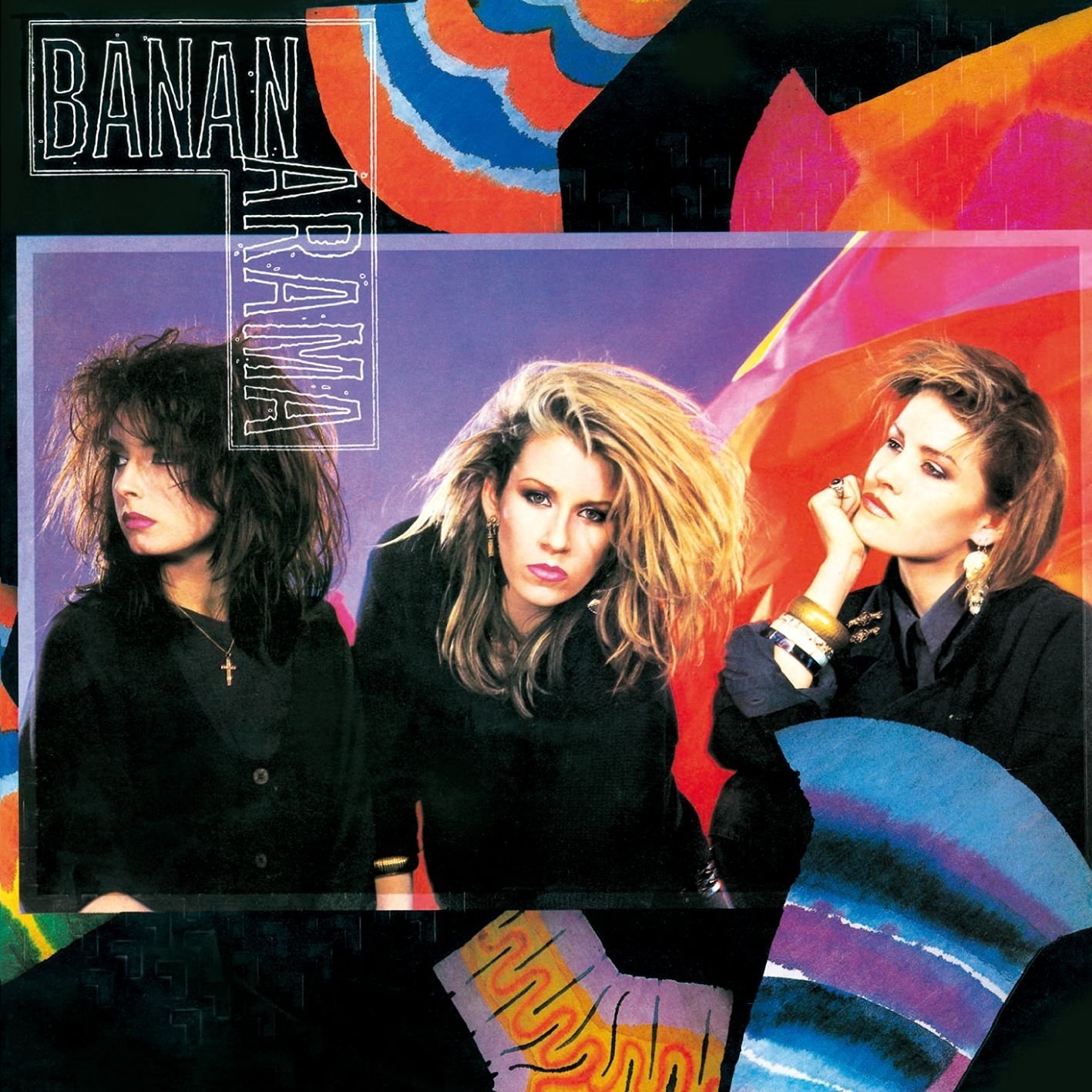Happy 30th Anniversary to Bananarama’s sixth studio album Please Yourself, originally released March 29, 1993.
Released on May 13th, 1991, Bananarama's fifth studio LP Pop Life was their most liberal set since their eponymous sophomore record Bananarama from 1984. Reviews, while strong, couldn't stop the album from commercially capsizing. It became the British trio's first unequivocal chart miss.
Complicating matters further, Jacquie O'Sullivan exited Bananarama shortly after the Pop Life campaign concluded. The former Shillelagh Sister had joined the ranks of Bananarama in 1988 in the wake of Siobhan Fahey's departure from the group. Fahey, like Keren Woodward and Sara Dallin, had been one of the outfit’s original members. O'Sullivan, though possessed of her own demure mystique, had found the comparisons with Fahey difficult to cope with despite the evident chemistry she developed with Woodward and Dallin.
Now, standing as a duo, Woodward and Dallin were faced with a choice—either fold or solider on. They chose the latter option and now had to decide upon a musical direction. London Records, Bananarama’s long-time label, applied pressure to the pair to be market conscious in selecting the producer for their forthcoming sixth LP, soon to be titled Please Yourself.
Pop Life had been primarily produced by the avant-gardist Martin “Youth” Glover, but amid the saucier sides of that effort lurked the saccharine ghosts of Stock-Aitken-Waterman. The U.K. production collective that rose to power by repackaging Italo-disco into accessible dance-pop gold in the mid-to-late 1980s had turned in two pieces for Pop Life. But, overall, that long player's mission was to escape Stock-Aitken-Waterman's hold, as it were.
Bananarama's story with the studio clique stretched back to their third album, True Confessions (1986). Though Stock-Aitken-Waterman did not handle True Confessions in its entirety, they did helm its single, a cover of Shocking Blue's “Venus.” Easily surpassing Shocking Blue's version, Bananarama's take went on to dominate pop culture. Afterward, the ladies set up shop with Stock-Aitken-Waterman on Wow! (1987) and mainstreamed their music to many healthy returns. But the acquiescence of creative authority weighed on Fahey and led to her splintering their pop sisterhood. To say there was history with Bananarama and Stock-Aitken-Waterman was an understatement.
Listen/Watch (Playlist):
So, when Bananarama decided to exclusively partner with these men again, it felt like a surrender of sorts. But it was a curious step for Bananarama too, upon closer scrutiny, as Stock-Aitken-Waterman were no longer the dynasty they had been just several years prior. In the United Kingdom, the popular music scene had drastically changed. From Britpop to acid jazz, new sounds had taken up residence in the hearts of the buying public and by 1992, with the departure of Matt Aitken and the star of their stable—Kylie Minogue—Mike Stock and Pete Waterman were in need of a rejuvenation as much as anyone.
In this context, Please Yourself was meant to be a dual product of compromise and saving grace for all parties concerned. It was hoped that if Bananarama and Stock/Waterman could work as true equals, they could make a space for themselves in a new decade. On the production end, Stock/Waterman sought to seize upon the ABBA revival that had broken through in a big way in 1992, but give it a modern lift.
Featuring high-minded orchestral arrangements, infectious house grooves and crisp melodies, Please Yourself is a keen raft of dance tunes. This is expressed best on “Is She Good to You?” and “Give It All Up For Love,” proof that at their lowest ebb, Stock/Waterman had a bit of life left in them yet. But more importantly, for Bananarama these compositions and their vintage-to-contemporary disco-pop raiment—which was more Baccara than ABBA appropriately—fit them like a glove.
Sweetening the sonic pot is that both women had grown as singers and songwriters. Now as a duo, their voices and songwriting perspectives were even more closely aligned and that translated to the music as heard on the uptempo ballad of “Movin' On,” a thematically timely tune capturing their post-Pop Life mindset. Their unity displayed more of its might on the champagne pop-soul sparklers “Last Thing on My Mind” and “I Could Be Persuaded,” the latter one of their finest hours. Then there is the Andrea True Connection ditty “More, More, More.” Bananarama retrofits it cunningly to early ‘90s house vibes and just like that, Bananarama have convincingly recast the song as their own.
Clean and compact, could the effervescent LP tickle the fancy of listeners who held either nostalgic or modish persuasions as it related to their listening habits? It was a lofty task to place on Please Yourself. Debuting in the spring of 1993, Please Yourself was immediately dismissed on every front. Its three singles—“Movin' On,” “Last Thing On My Mind,” and “More, More, More”—fought bravely, with at least two making it into the U.K. Top 40, but they didn't stir passions for the album.
Enjoying this article? Click/tap on the album covers to explore more about Bananarama:
Please Yourself was consigned to the annals of Bananarama's discography as the group moved on to further adventures and recordings in the years to come, culminating in their crowning as “the most charted girl group of all time” by Guinness World Records. Though its favor for conventional pop polish divides fans to this day, it can't be denied that Please Yourself's consistency and inherent, feel-good froth make it ripe for reassessment.
LISTEN:
Editor's note: this anniversary tribute was originally published in 2018 and has since been edited for accuracy and timeliness.



